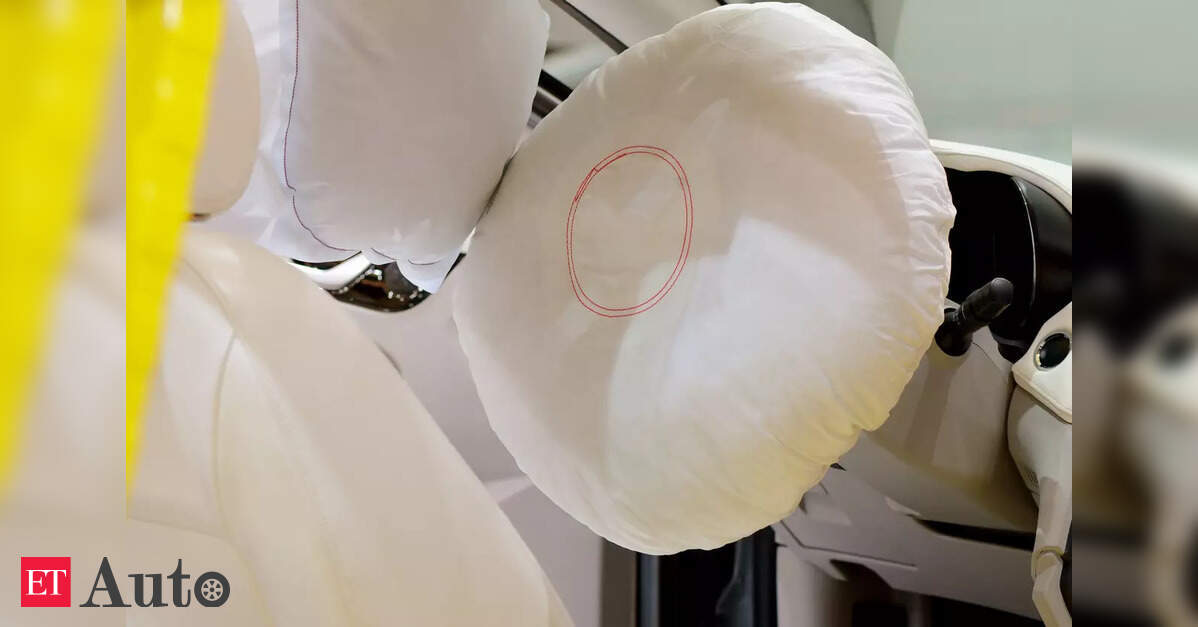Search team combs the depths for missing Long Islanders in submerged vehicles
William McIntosh often spends several hours a day using sonar to search creeks, lakes and rivers for sunken vehicles he believes contain human remains, and answers for families.
On Monday, a search of Mount Sinai Harbor by McIntosh and his partner in an international missing persons effort, took less than three minutes before they discovered a Chrysler PT Cruiser containing human bones.
The Suffolk County Medical Examiner has yet to positively identify the remains but police said the grimy Chrysler matches the description of a vehicle in an unsolved missing person’s case. The vehicle also is the same as one driven by Robert Long, a Miller Place resident who Newsday reported went missing nearly 15 years ago. At the time, Long's wife told Newsday he frequented Cedar Beach to feed birds, across the road from the boat ramp that led to the sunken Chrysler.
"We found him exactly where we thought he would be." McIntosh said. Upon meeting Long's wife, the following day, he added: "I gave her a hug."
Det. Lt. Kevin Beyrer, commanding officer of the Suffolk County Police Department Homicide Squad said he contacted the family of the missing person investigators believe has been recovered. Beyrer said on Tuesday that he could not could confirm the person's identity and on Thursday, police had no updates.
Monday's discovery marked the first successful discovery of nearly 50 missing persons in the northeast that McIntosh's nonprofit, Exploring With A Mission, hopes to find in submerged vehicles over the next several weeks.
When McIntosh, 54, of West Kingston, Rhode Island, and his partner in the enterprise, who identified himself as "Diver" Dan of Sydney, Australia, arrive at a search location, the pair hop into an inflatable raft with thousands of dollars worth of sonar equipment jerry-rigged by two-by-fours, broomsticks and clamps. They then search what lies beneath their waterproof sandals before Diver Dan jumps in and gets a closer look to confirm.
McIntosh said he is one of at least six "dads" across the country who were inspired by Adventures With Purpose, a similar but larger and older Oregon-based nonprofit, to purchase their own sonar equipment as a way to help families across the country and even the globe find answers.
"We’re all parents ... and we want to bring these lost loved ones home so that families can heal," McIntosh told Newsday.
For every 35 or 40 cars they discover, all of which get reported to local authorities to be removed from water bodies, one will contain human remains, McIntosh said.
There are 72 active missing persons cases in Suffolk County, a spokesperson for the police department told Newsday via email Thursday. A spokesperson for the Nassau County Police Department could not immediately provide the number of missing persons cases for the rest of the island.
When they enter the water, McIntosh’s side imaging sonar system offers viewers a bird’s eye perspective of what lies under the water up to 100 feet to the left and right. His boat is also equipped with a live sonar transducer that can produce an outline of an object on another screen.
"I can look at the car in three dimensions," McIntosh said. "The sonar is pinging off the car, making a yellow line, so we see the shape ... I can see if there’s a human being sitting in the seat if it’s new."
Next, Dan dons scuba gear and jumps in to inspect the vehicle for a license plate or distinct characteristics that identify it as the one they hoped to find. If the vehicle windows are down or broken, and there are human remains inside, he will take out a bone and the pair will give it to police, as they did late Monday.
This week, McIntosh and Dan also searched Lake Ronkonkoma in an effort to find Patricia Cabrera, 34, last seen at a Centereach pizzeria in 2015, and both the Massapequa Creek and Lake for Bernard Arthur Munn, a Massapequa man who went missing in 1967. Neither search led to a discovery.
Police departments should consider vetting volunteers like Exploring With A Mission, and then provide them with information police gathered during missing persons investigations, said Joe Giacalone, an adjunct professor at John Jay College of Criminal Justice in Manhattan.
Most law enforcement departments are not equipped with sonar capabilities for searching underwater, Giacalone said.
"Missing persons cases, you just can’t investigate them forever," said Giacalone, a retired NYPD sergeant who commanded the Bronx Cold Case Squad.
"It’s an unfortunate aspect of policing," he added. "There’s not enough time, there’s not enough people because you’re always chasing something else that happens"
Nicholas Grasso covers breaking news for Newsday. A Long Island native, he previously worked at several community newspapers and lifestyle magazines based on the East End.









